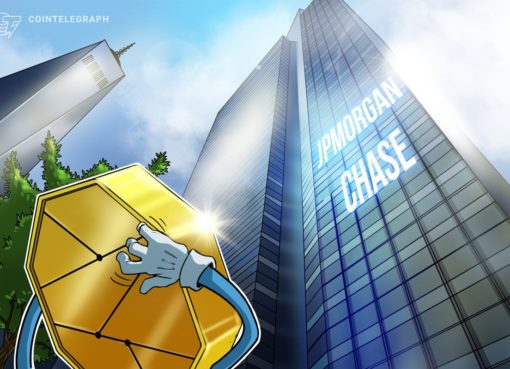Leading decentralized exchange (DEX) Uniswap has announced an “unofficial community call” set for Nov. 12 at 12 noon ET. The call is scheduled to discuss several core governance issues central to Uniswap, including the future of its liquidity mining program.
After a slew of rival DEX clones sought to siphon away Uniswap’s users through exorbitant native token rewards to liquidity providers during the DeFi boom, Uniswap retroactively airdropped its native token UNI to users and launched its own liquidity mining program in mid-September.
Uniswap’s current liquidity mining program is scheduled to end on Nov. 17, with the call set to discuss whether to extend the existing program or revise the scheme. The initial program allocated 5 million UNI for airdrop to liquidity providers in total, equal to 83,333 tokens daily.
Many believe the UNI airdrop and liquidity rewards program helped the exchange secure its position as the leading DEX in the face of numerous ‘vampire attacks’. However, the program may now have a negative impact on the price performance of Uniswap’s governance token — with the rewards program airdropping more than $260,000 worth of tokens daily at the current price of $3.13 each.
UNI began trading for roughly $3, with news of the liquidity mining program helping drive a rally to a high of nearly $8 within three days of the token’s launch. However, UNI steadily dropped from Sept. 19 through early November to post an all-time low of $1.80 on Nov. 5.
Some traders believe a halt to the liquidity mining program would be best for Uniswap’s token, with Twitter user ‘Tetranode’ telling his 5000 followers that putting an end to liquidity rewards and the associated selling pressure would lead to a new phase of price discovery for UNI:
Alpha in plain sight: in one week, the farm N dump pressure against $UNI will lift. Liquidity mining stops.
It will be interesting to see the price discovery then.
This is financial advice. Profit or your money back guaranteed (whatever money you paid me anyway). pic.twitter.com/vyxH2Nvear
— Tetranode (@Tetranode) November 10, 2020
The community call is also slated to discuss Uniswap’s first two failed governance proposals, the project’s governance processes, and integrations with fellow DeFi-heavyweights Compound and MakerDAO.




